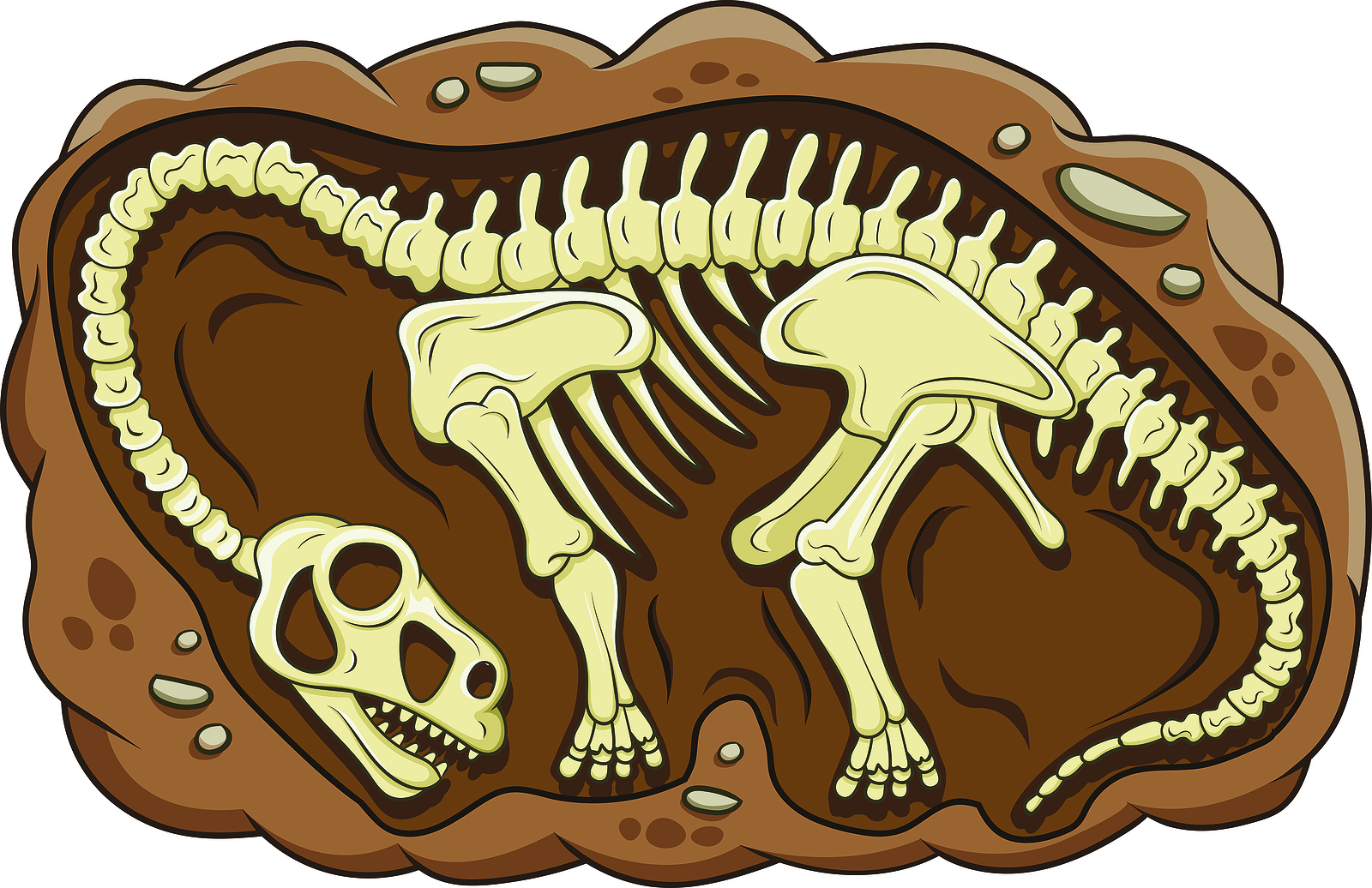
Extinction: good idea or bad idea? Answer in 25 words or less (time is limited)
The Good Book says: “And God said unto Noah, The end of all flesh is come before me; for the earth is filled with violence through them; and, behold, I will destroy them with the earth.” But then God relented.
Wrong call, contend a number of contemporary writers. An editor at Nature, Henry Gee, wrote a couple of weeks ago in Scientific American, without discernible regret, that “the human population is set not just for shrinkage but collapse—and soon”.
He joins a number of experts who see disaster on the horizon because of climate change, falling fertility, pandemics, collisions with asteroids, and so on.
The question for bioethicists is less how to make this happen, than to ask: would this be a bad thing?
Roger Crisp, an Oxford philosopher, deployed classical utilitarian arguments in an article in the New Statesman recently. It is likely that no amount of pleasure can outweigh extreme pain.
Perhaps one reason we think extinction would be so bad is that we have failed to recognise just how awful extreme agony is. Nevertheless, we have enough evidence, and imaginative capacity, to say that it is not unreasonable to see the pain of an hour of torture as something that can never be counterbalanced by any amount of positive value. And if this view is correct, then it suggests that the best outcome would be the immediate extinction that follows from allowing an asteroid to hit our planet.
Walter Glasson, of the University of Calgary, clarifies the issue in a blog post on the BMJ this week. An asteroid hitting the earth would bring all agony for existing people to an abrupt end and the non-existing inhabitants of the future would never experience it. That might be “a consummation devoutly to be wished,” as Hamlet said. “If we become extinct, then the world will go on without us and will be good or bad for no one.”
